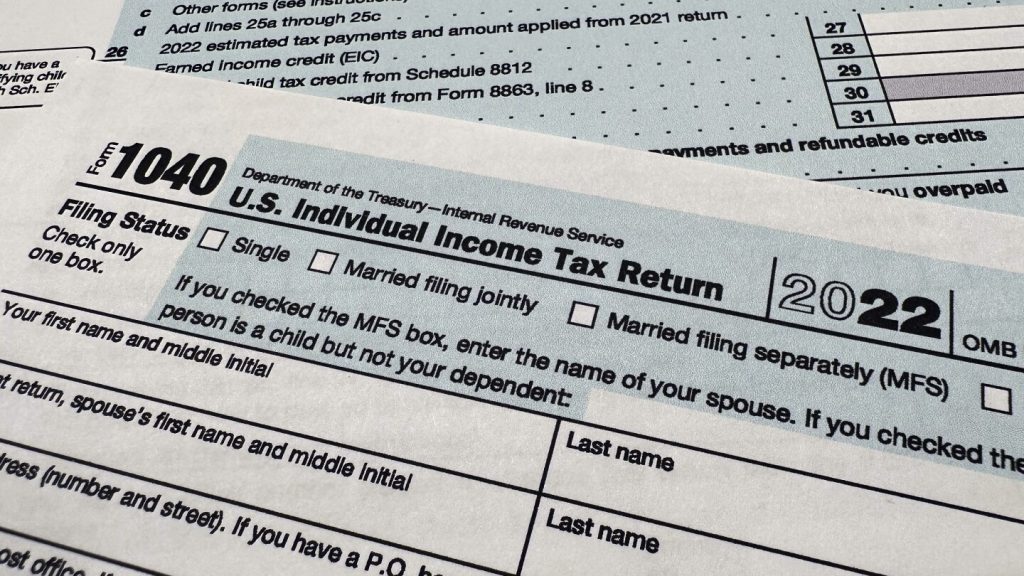The IRS is expanding its Direct File program, which allows taxpayers to file their taxes directly with the agency for free. This program was initially launched as a pilot during the 2024 tax season in 12 states, allowing people with simple W-2s to calculate and submit their returns directly to the IRS. This pilot program resulted in more than $90 million in refunds claimed by participants. Now, IRS Commissioner Daniel Werfel has announced that the program will be permanent and will be open to more than 30 million people in 24 states during the 2025 filing season.
The expansion of the Direct File program in 2025 will include states such as Alaska, Connecticut, Idaho, Kansas, Maine, Maryland, New Jersey, New Mexico, North Carolina, Oregon, Pennsylvania, and Wisconsin. In addition, new eligibility standards will be implemented to allow taxpayers with 1099 income and various tax credits to participate in the program. This move is seen as a step towards modernizing the tax filing process, with the Treasury Deputy Secretary Wally Adeyemo noting that other countries like Germany and Japan have similar systems in place with prepopulated tax forms.
While the expansion of the Direct File program is a positive development for taxpayers, it has received pushback from commercial tax preparation software firms that have profited from charging people to use their software. These companies have made billions of dollars by offering tax preparation services, and the introduction of a free, direct filing option threatens their business model. Additionally, an IRS inspector general report highlighted concerns about data protection related to the IRS Free File Alliance, a separate agreement between the IRS and some commercial tax preparation companies to provide free tax prep services to low and middle-income taxpayers.
The establishment of the Direct File program was mandated by the Inflation Reduction Act signed into law by President Joe Biden in 2022. This legislation allocated $15 million to the IRS to create a direct file system and explore ways to make tax filing more accessible and efficient for taxpayers. The expansion of the program in 2025 reflects the IRS’s commitment to enhancing the taxpayer experience and providing more options for individuals to file their taxes securely and free of charge. With the potential for additional states to join the program in the future, more taxpayers may have the opportunity to take advantage of this convenient and cost-effective filing option.
Overall, the expansion of the Direct File program signifies a shift towards a more streamlined and accessible tax filing process for millions of taxpayers across the country. By offering a free and direct filing option, the IRS aims to simplify the tax return process and reduce barriers for individuals to fulfill their tax obligations. While challenges and concerns exist, such as data protection and opposition from commercial tax prep firms, the expansion of the Direct File program represents a positive step towards modernizing the tax system and providing taxpayers with greater flexibility in how they file their taxes.















